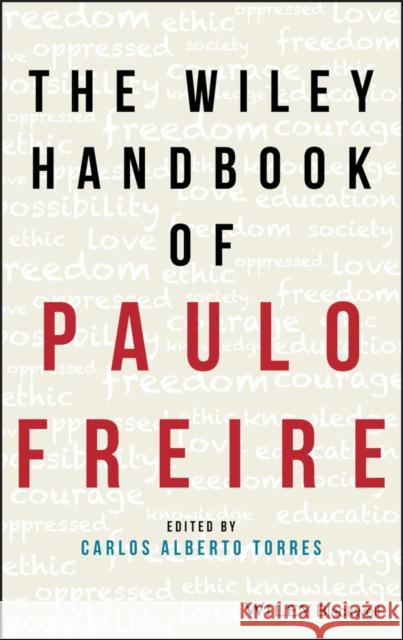The Wiley Handbook of Paulo Freire » książka
topmenu
The Wiley Handbook of Paulo Freire
ISBN-13: 9781119236719 / Angielski / Twarda / 2019 / 624 str.
Kategorie:
Kategorie BISAC:
Wydawca:
Wiley-Blackwell
Język:
Angielski
ISBN-13:
9781119236719
Rok wydania:
2019
Numer serii:
000783870
Ilość stron:
624
Waga:
1.22 kg
Wymiary:
24.13 x 17.27 x 3.81
Oprawa:
Twarda
Wolumenów:
01
Dodatkowe informacje:
Bibliografia











